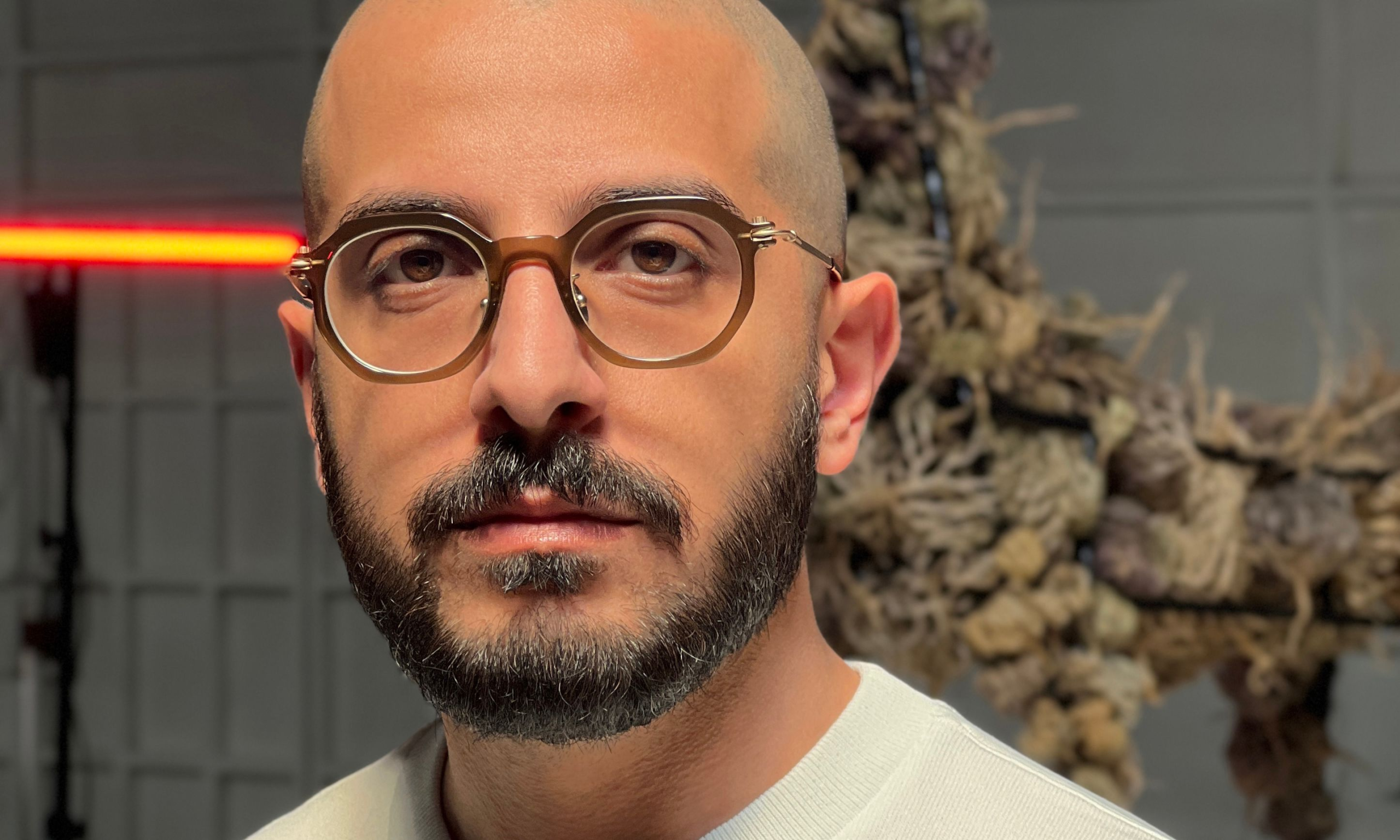Ayman Zedani Photo courtesy of the artist
Ten artists from across the Gulf have been nominated for the second Richard Mille Art Prize. The full list can be found here.
Work by the artists is on show at Louvre Abu Dhabi until 19 March and the winner will be announced 20 March.
Ayman Zedani is interested in “the relationships and dynamics between human and more-than-human worlds, in relation to the future of the planet, but more so the future of the Gulf.”
The creative process is often more important than the end result, he says. “My artworks are a by-product of my ongoing research into urgent ecological matters that require collaborative attention.” His work for this year’s art prize, Between Desert Seas, comes from a project studying a group of migratory whales that live off the coast of Oman. Arabian Sea humpback whales are considered the most isolated whale population on Earth and have developed their own language, song and culture. Zedani worked with the Environment Society of Oman, who helped to facilitate interviews with whale experts. The work is subtle: a pile of salt that merges into the white walls and a nine-channel sound installation of whale song accompanied by a narrator.
The work talks about “the environment of the whales, the region’s personality, ongoing cost of development, overfishing, concentrated shipping, ship strikes on whales and so on. It’s not an issue unique to the Arabian Sea but it is very condensed there.”
Ayman Zedani's Between Desert Seas 2021 installed at Louvre Abu Dhabi
Photo: Augustine Paredes – Seeing Things. Courtesy Department of Culture and Tourism, Abu Dhabi. Artwork © the artist
Born in Saudi Arabia in 1984, Zedani was a curator at the Sharjah Biennial before becoming a full-time artist during the pandemic. His work documents the effects of climate change but it is not downbeat. Zedani confronts the issues affecting the world—the Gulf in particular as a hot, arid region—but is also looking for solutions. “I’m interested in [the missions to reach] Mars, not only in relation to actually going, but how those studies could actually be useful in the future Gulf when it becomes too hot to even survive outdoors. I would rather be a little naïve and try and think about what could be done to change things.”

